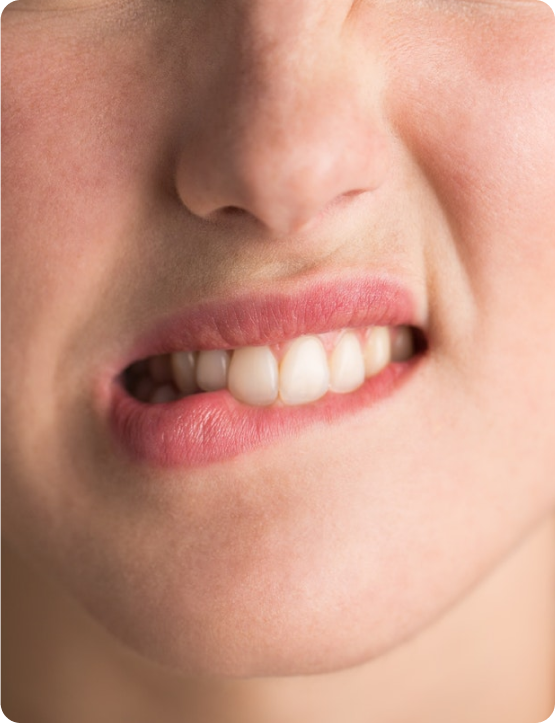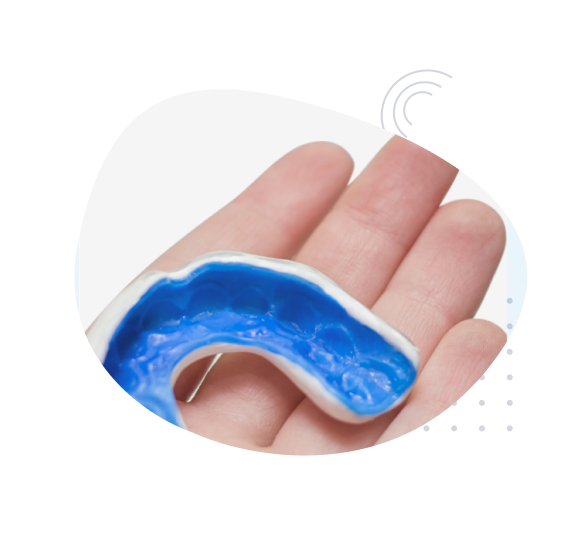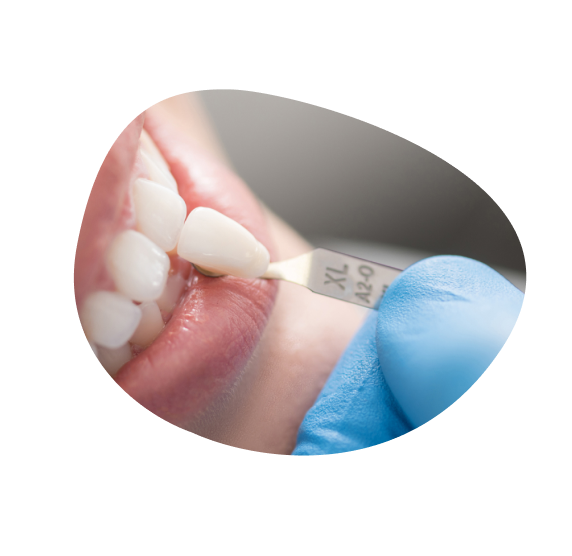
Expert Bruxism Treatment Service in Gosnells
At Tandara Dental Centre, we understand how bruxism (teeth grinding) can impact your quality of life. With over 30 years of experience serving the Gosnells community, our team of expert dentists is here to provide you with expert bruxism treatment. Whether you’re dealing with jaw pain, headaches, or worn teeth, we use state-of-the-art technology to address your needs effectively.
Led by Dr. Saurabh Rai, our practice offers comprehensive bruxism solutions, from custom night guards to advanced therapeutic treatments. We pride ourselves on creating a welcoming environment where your comfort and health come first. Conveniently located in Gosnells, we’re open six days a week, making it easy to fit your treatment into your busy schedule. Trust Tandara Dental to help you manage bruxism and protect your smile.
Payment PlansAvailable
Ignoring bruxism (teeth grinding) can result in significant dental damage and chronic jaw pain.
We provide an affordable bruxism treatment solution to help protect your teeth and restore your comfort.
You can also choose to pay for your bruxism treatment using Zip money or Afterpay. This allows you to spread out your payments over time, with up to 12 months interest-free. Terms and conditions apply, contact us to find out more.


What is Bruxism?
Have you been waking up with headaches or a sore jaw? Has your partner mentioned you grinding your teeth in your sleep? These are just some of the side effects of bruxism that we encounter regularly.
Bruxism involves excessive clenching or grinding of the teeth, often during sleep. This can lead to significant wear and tear on your teeth, potentially causing permanent damage to both your teeth and jaw joints. Left untreated, bruxism can harm dental restorations like fillings, loosen teeth, damage the temporomandibular joints, and even crack or fracture teeth.
Speak to one of our friendly dentists about our bruxism treatment in Perth to protect your smile and relieve discomfort.


Why Bruxism TreatmentIs Necessary
Treating bruxism is crucial to maintaining your overall dental health and well-being. Left unmanaged, bruxism can lead to severe consequences, such as worn-down teeth, cracked or fractured teeth, and damage to dental restorations like fillings and crowns. It can also cause jaw pain, headaches, and even temporomandibular joint (TMJ) disorders.
By addressing bruxism early, you can prevent these issues, ensuring your teeth and jaw stay healthy. Treatment options, like custom-fitted mouth guards, can protect your teeth from further damage and alleviate discomfort.
Don’t wait for the damage to escalate – if you’re looking for bruxism treatment in Perth, talk to us today.
What causes BruxismAnd how do you know if you’re doing it?
Bruxism is caused by a combination of physical and psychological factors, including stress, anxiety and tension, as well as sleep apnoea, abnormal bite, and/or crooked and missing teeth. Night bruxism or teeth grinding in your sleep in particular, is a sleep disorder that may be related to sleep apnoea.
Teeth grinding and clenching can occur during the day or at night when asleep. People who grind or clench their teeth may not even be aware that they are doing it in their sleep.
Common signs and symptoms of bruxism
- Headaches, jaw joint and/or ear pain
- Aching teeth, particularly when waking up
- Aching or stiffness of jaw and face muscles after waking up
- Aching or stiffness in the jaw when eating or chewing, particularly during breakfast
- Clenching the jaw when angry, anxious or concentrating
- Sensitive teeth to hot and cold temperatures
- Cracked teeth or enamel

Frequently Asked Questions
Other ways to treat and manage bruxism include:
- If stress is the leading cause of your bruxism, it may be helpful to find ways to relax, such as listening to music, deep breathing, or meditation.
- Stress management therapy
- Regular exercise
- Practice good sleep habits
- Schedule regular dental checkups
You may have noticed the sound of your child grinding their teeth at some point, more so when they are asleep. However, because children’s teeth and jaws are constantly changing and growing so quickly, it’s usually not a damaging habit that requires treatment.
Regular dental checkups every 6 months is the best management of teeth grinding in children and helps prevent future risks and dental health issues.
Are you putting up with the inconvenience of a missing tooth?
Discover a permanent solution for a healthy natural smile in this free Ebook. Enter your details to download the Ebook now.

Do you want to discuss this with us?
From providing preventative check-ups to emergency care, our dentists and team offer outstanding care. If you’d like to find out more about sedation and sleep dentistry please contact our practice today!

